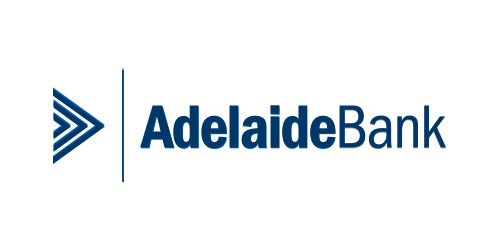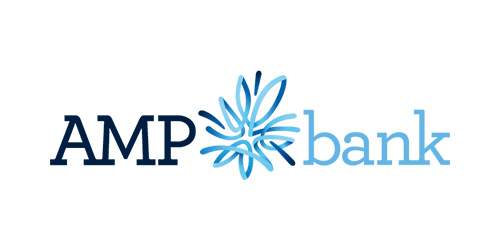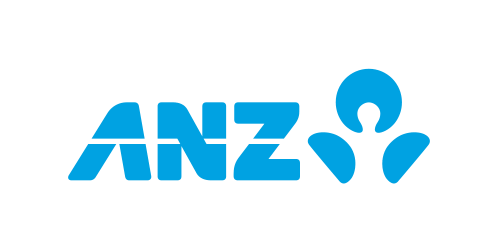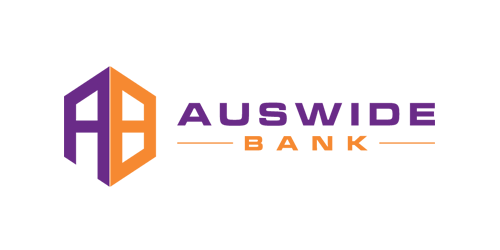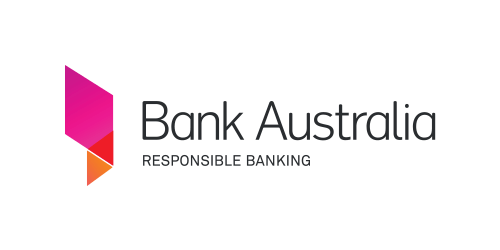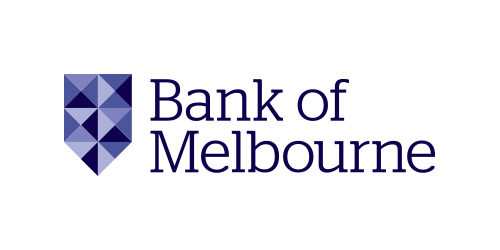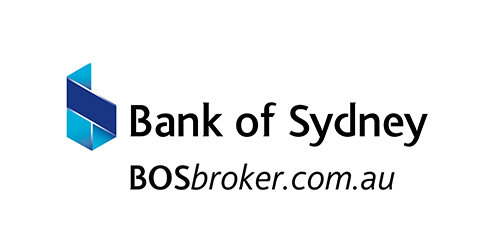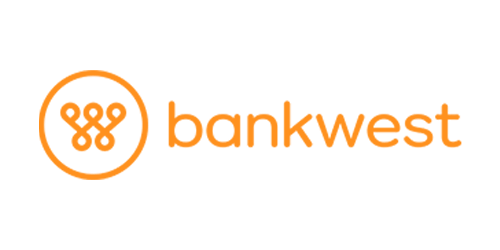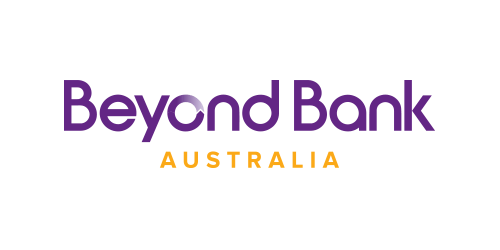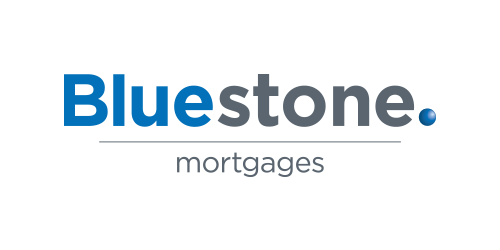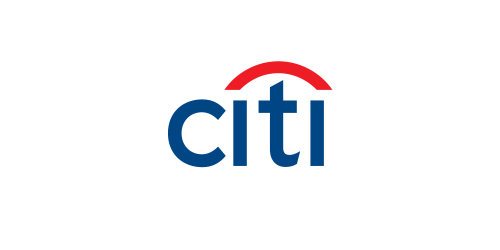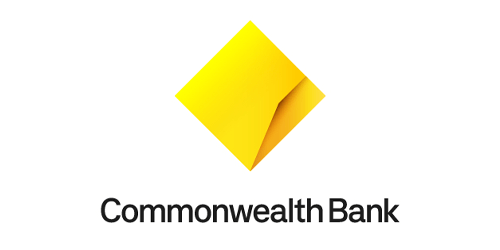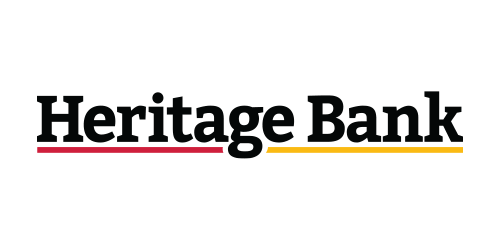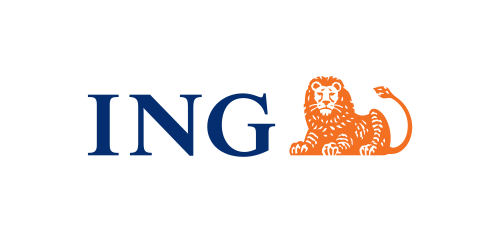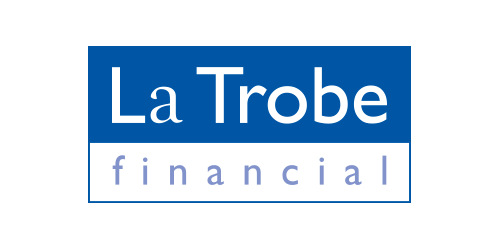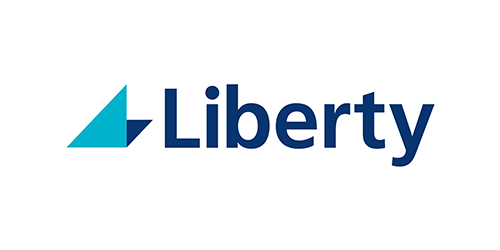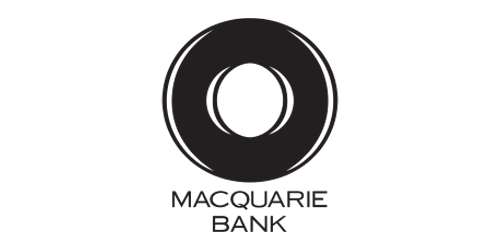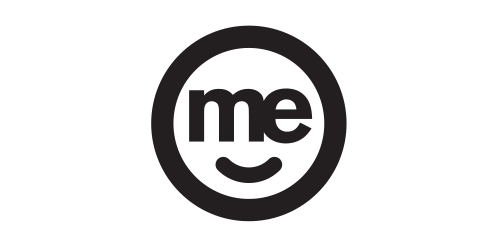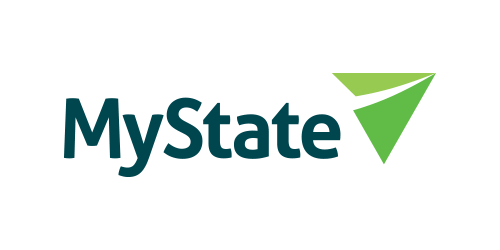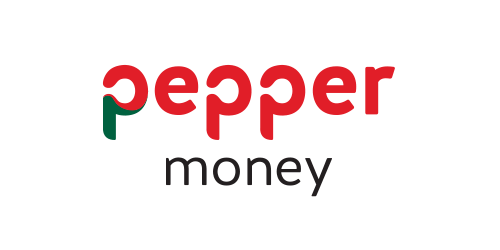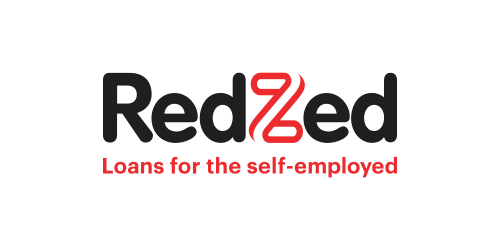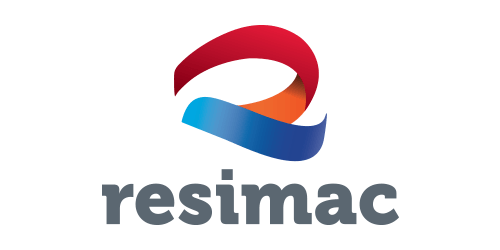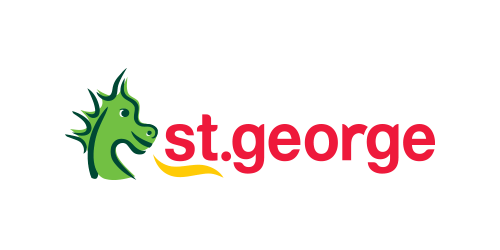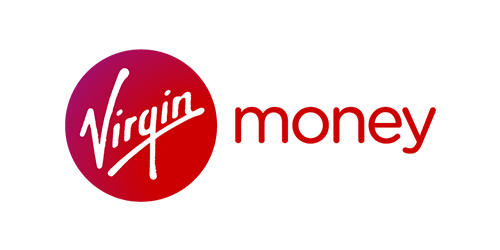Home Loan Glossary
Here are the key words you are most likely to come across and explanations of what each key word means.

A
Application fee
The fee you pay the lender upfront when making your home loan application.
Approval in Principle
Pre-approval document that shows the amount of money you can borrow. This helps you to determine the price range of properties that you can consider in your property search.
Arrears
If you miss a loan payment, you will fall into arrears as your repayments will be overdue.
Assets
The things that you own such as vehicles, real estate, savings, shares, etc.
B
Basic variable rate loan
A loan with an interest rate that changes and can vary.
Break cost/fee
The costs a lender charges when a fixed loan is paid in full at an earlier date.
Bridging finance
A loan that is taken over the short-term to pay for your new property before your existing property has been sold.
Budget
A plan of your income and expenditure
Building insurance
Insurance cover for your property in the event of a fire or flood, etc.
C
Capital gain
How much money you have made once you have sold the property.
Capital Gains Tax
The amount of tax you need to pay on the profits made when selling an investment property.
Capital Growth
How much your property has increased in value.
Community title (specific to NSW)
A property title where several dwellings are erected on an estate and the owners own their property and land on freehold title, but have shared access to community facilities e.g. swimming pool, barbecue area, tennis court, etc. All property owners pay levies for upkeep of the community facilities.
Company title
A type of ownership for a unit/flat/apartment in a building that is owned by a company. A purchaser buys particular shares in the company which gives the purchaser the right to occupy a specific unit/flat/apartment. Lenders are generally not enthusiastic about lending on company title properties.
Comparison rate
Details of the interest rate and fees associated with the loan so you can see how much the loan will really cost you.
Conditional Pre-Approval
When the lender approves your loan but they will value the property before formal approval.
Construction loan
A home loan that is specifically for building a new property, or renovating an existing house.
Contents Insurance
Insurance cover for the belongings inside of your house.
Contract Variation
Changing your original contract.
Conveyancing
A licensed conveyancer, or a lawyer, transfers a property from one owner to another.
Credit
Borrowing money or goods and agreeing to pay the money back, with interest, at set intervals.
Creditor
An individual or a group to who you owe money.
Credit report
An assessment of your credit history and any black spots in your credit history when you have missed repayments.
Cross-Collateralisation
Several properties secure a home loan, reducing Loan to Value Ratio.
D
Daily interest
Interest calculated on a daily basis, typically in a variable loan.
Debt
The amount of money you have borrowed.
Debt consolidation
Merging several debts together so you only have one account to pay.
Debt serving ratio (DSR)
A lender will measure your ability to pay the loan instalments using the DSR.
Default
If you have missed a loan payment.
Deferred payment
When you agree with the lender that you can pay the loan instalment at a later date.
Deposit
The money you pay upfront for a property.
Deposit bond
Taking out an insurance policy that protects the deposit you have paid.
Depreciation
The decrease in value over time of a property, due to wear and tear, etc.
Discharge
Removing a lender’s name from your property title when refinancing with another lender.
E
Equity
The total remaining when you subtract the amount that you owe the lender for your property from the total value of your property.
Equity loan
Using the equity in your home to secure a loan for another purpose.
Establishment fee
Another name for an application fee, it is the amount you pay your lender when applying for a home loan.
Extra repayments facility
The total amount of additional payments you can pay each year on a fixed loan.
F
First Home Owner Grant (FHOG)
A grant from the government to contribute towards paying your property deposit. Not everyone is eligible. Contact your professional broker to discover if you are eligible.
Fixed interest rate
A loan with a fixed interest rate will ensure that the interest rate stays the same for a certain period, e.g. 2 years.
Formal approval
The lender’s formal approval of your home loan.
Freehold title
The title holder owns the property and the land.
G
Gearing
The relationship between rental income and relevant expenses.
Genuine savings
Funds that have been accumulated or held for a certain period of time prior to applying for a loan.
Green home loan
A loan to build an environmentally friendly home that meets certain sustainability conditions.
Guarantor
A friend or family supports your loan although they are liable to pay the debt if you stop paying the instalments.
H
Hardship variations
If you are struggling to meet repayments, some lenders may allow you to change some terms of the loan.
Home loan top up
Providing there is sufficient equity in the property, you may be able to borrow more money.
I
Interest only repayments
Your loan terms agree to let you pay solely the interest payable each month. None of the money you pay in instalments reduces the loan amount.
Interest rate
The percentage a lender charges you for the money you have borrowed.
Introductory Rates
A lender may attract you with a lower introductory interest rate.
Investment Loans
A loan for investment into property.
L
Lender
An organisation which lends money to others.
Lenders’ Mortgage Insurance (LMI)
LMI should be taken out if you pay a deposit of less than 20% when purchasing a property. This insurance protects your lender’s interest if you stop paying repayments.
Liabilities
Your debts that you are liable for, such as a loan or credit card.
Line of Credit
A flexible loan arrangement with a specified limit to be used at a borrower’s discretion. Also referred to by some lenders as an Equity loan or All in One loan.
Liquid Assets
Assets which can be converted to cash in a simple way.
Loan to Valuation Ratio (LVR)
Your lender will assess your LVR to assess whether you will be able to pay loan repayments. LVR is given as the total you want to borrow from the lender as a percentage of the property value.
For example, if the property is worth $800,000, you want to put down a deposit of $160,000. You need to borrow 80% of the value and so your LVR is 80%.
Low Doc Home Loan
A type of home loan which is great for self-employed individuals, requiring different types of financial evidence.
M
Mortgage
A loan which is taken out to purchase real estate. If repayments are stopped, the lender can repossess the property.
Mortgage Foreclosure
If you stop paying the loan repayments, the lender can force the sale of the house to recuperate their money.
Mortgagee
The lender of the funds and holder of the mortgage.
Mortgagor
A person who borrows money and grants a mortgage over their property as security for the loan.
N
National Consumer Credit Protection
Australian legislation to offer protection and rights to the consumer.
Non-conforming Loan
A different type of loan for individuals who do not meet the criteria required for a standard loan. A broker can advise you what type of loan is great for you and your circumstances.
O
Offset Account
The balance inside of your offset account is ‘offset’ against the home loan debt amount. You then pay less interest on your home loan.
Ombudsman
An independent body that resolves disputes and investigates problems.
P
Pre-Approval
An estimated figure stating how must a lender may be able to borrow you.
Principal
The amount of loan that is outstanding and of which interest must be paid.
Principal and Interest (P&I)
A loan in which both principal and interest are paid with each repayment during the term of the loan.
Progress Payment
When using a construction loan, portions of the loan are drawn down at each stage of the project as progress develops.
R
Rate Lock
Assurance that the interest rate you applied for in a fixed rate loan is still available once the loan is fully approved.
Redraw Facility
A loan facility whereby you can make additional repayments and then access those extra funds if necessary.
Refinance
Switching to a different loan product or lender to get a better rate.
Repayment Holiday
The lender allows you to take a break from making repayments for a short period.
Repossess
Failing to pay your repayments may result in the lender repossessing your property.
Reverse Mortgage
Accessing the equity in your property, sometimes known as equity-release.
S
Secured Loan
A loan that is secured against a property and may have a lower interest rate. If you do not pay the loan, the lender could repossess the property.
Security
Usually the property offered as security for a loan.
Settlement
Once the final approval of the loan has been completed, settlement occurs when the funds are exchanged and the property belongs to you.
Settlement date
Date on which the new owner finalises payment and assumes possession of land. Sometimes called the “draw down” date, as this is the date the loan is usually fully drawn.
Split Rate Loan
A loan split across two account,a fixed rate account for stability and a variable rate account to explore different features available.
Stamp Duty
A tax that is payable when you buy a property. Stamp duty amounts vary depending on the state and the property value. Calculate how much stamp duty you will pay with a stamp duty calculator.
Standard Variable Loan
A loan which has an interest rate that varies according to market forces. The loan usually has comprehensive features, such as offset and redraw facilities.
Strata Title
Property ownership for apartments and townhouses where a unit in a strata plan is owned.
Survey
An assessment of the property and land boundaries.
T
Tenants in Common
More than one persons owns different portions of a property, not equally like in Joint Tenants.
Term
The length of a loan or a specific portion within the loan.
Title Search
A request to the Lands Titles Office to ascertain the ownership of a specified property and any encumbrances, covenants, and easements that may be recorded on the title.
Torrens Title
Property title registered with the Land Titles Office.
U
Unconditional Approval
Approval that your loan has been fully approved.
Unencumbered
A property with no encumbrances (no mortgages).
Unsecured loan
A loan that is NOT secured against a propertyso may have a higher interest rate.
V
Valuation
A report required by the lender, detailing a professional opinion of property value.
Valuation Fee
The fee you pay a qualified valuer to value your property’s worth.
Variable Interest Rate
Your interest rate may increase or decrease over time so you have less certainty about how much your repayments will be each month.
Thousands of home loans from
from our lending partners
